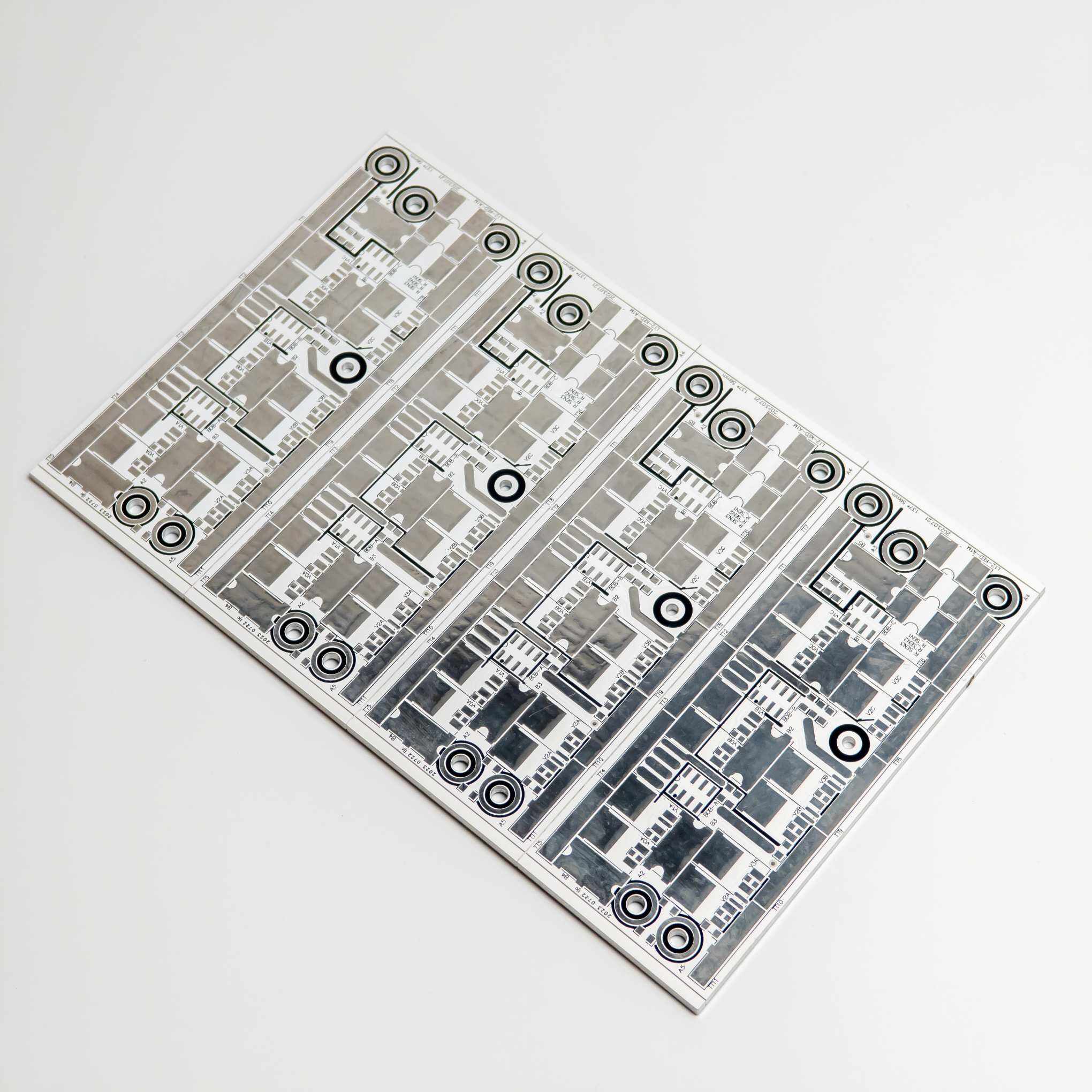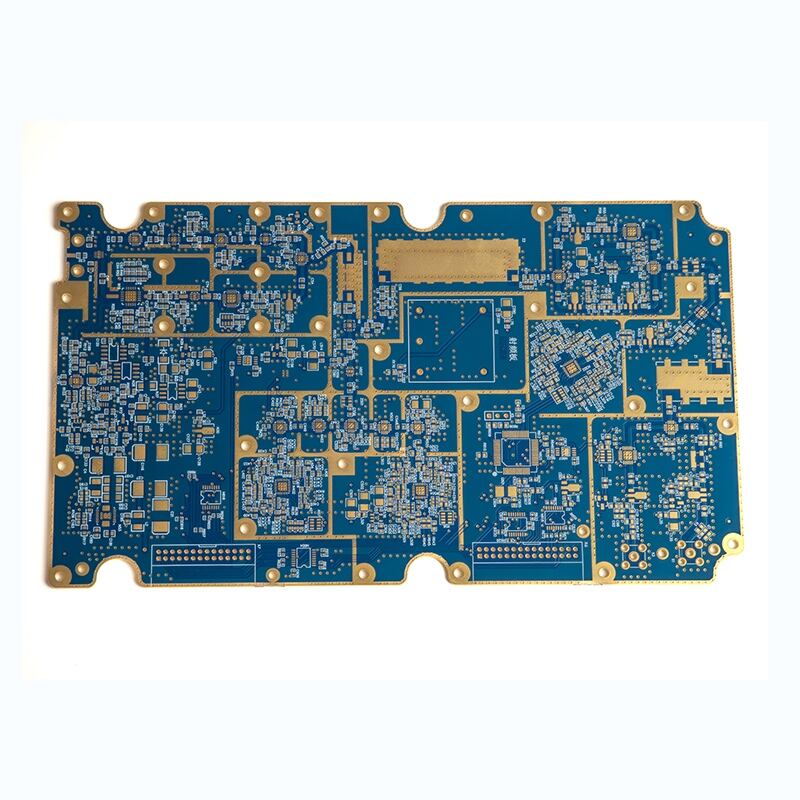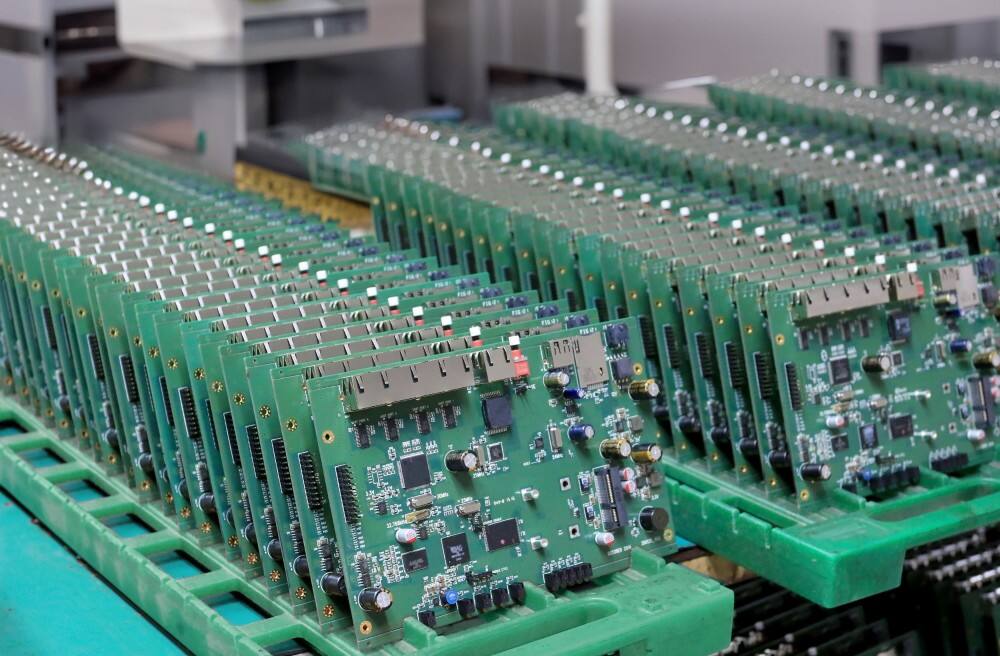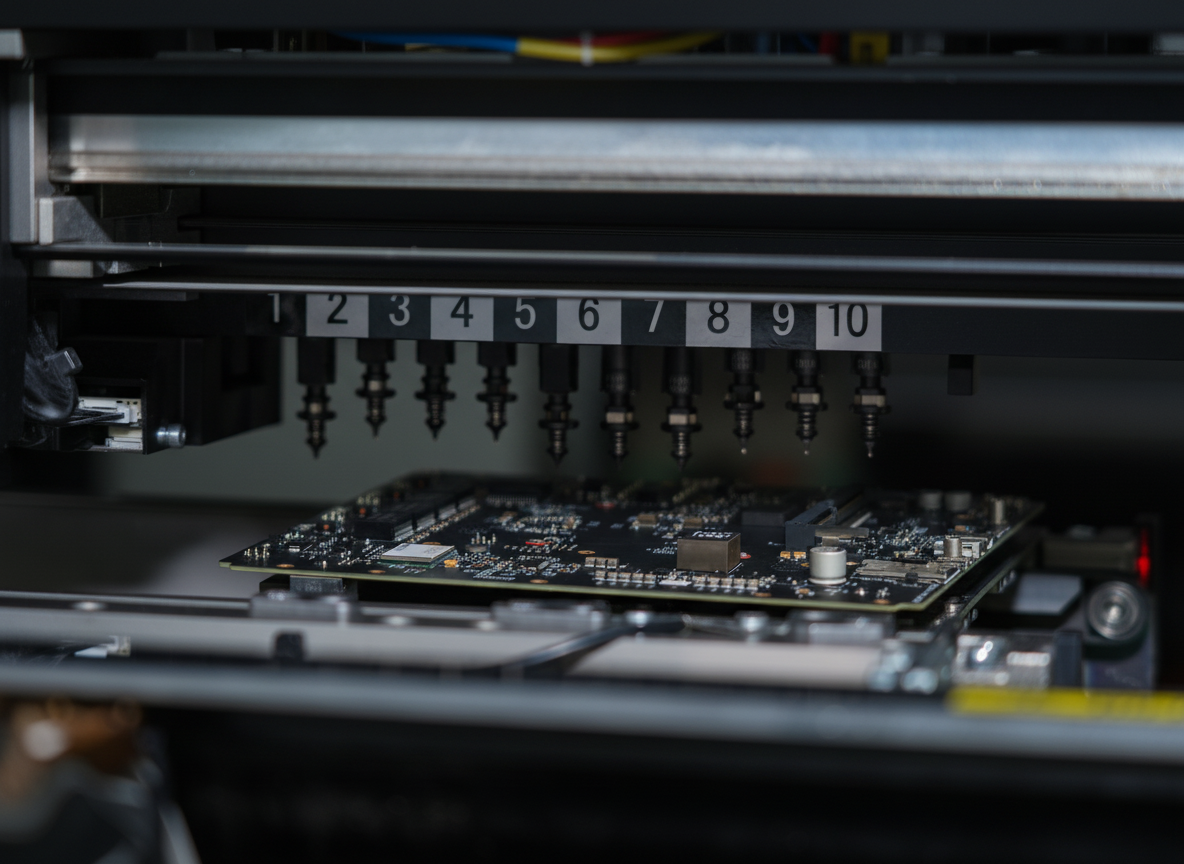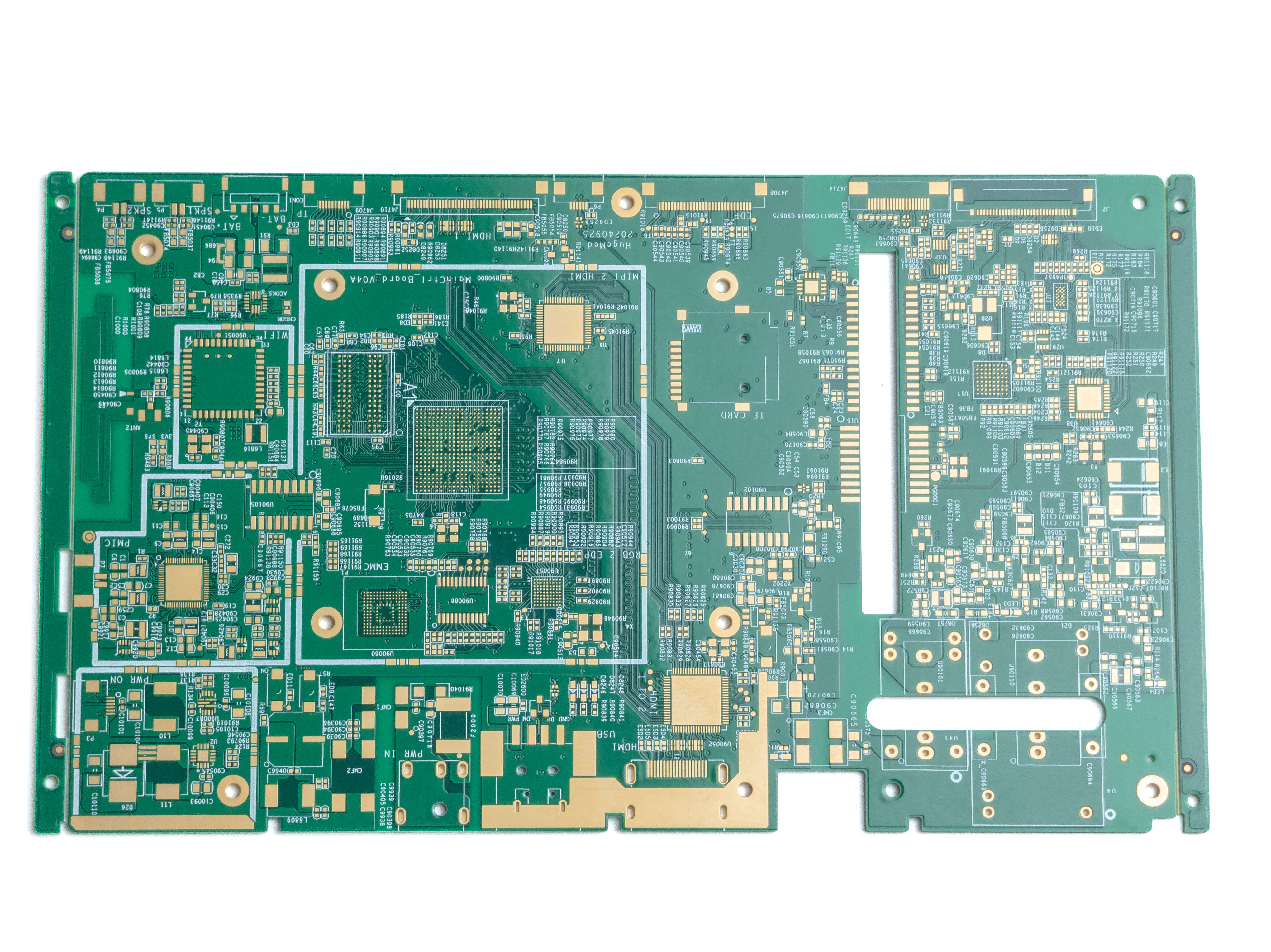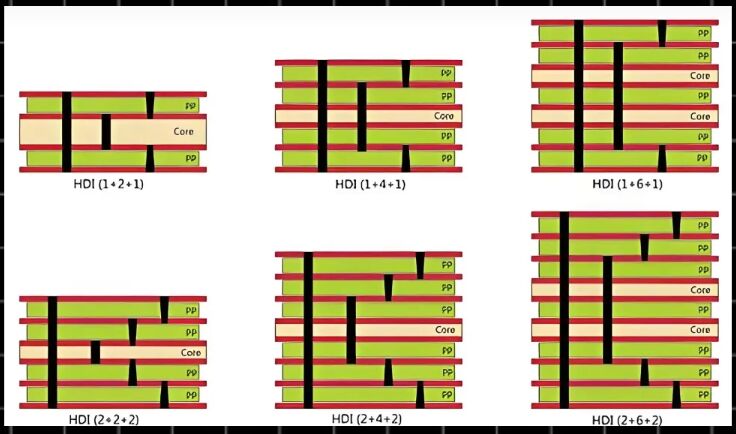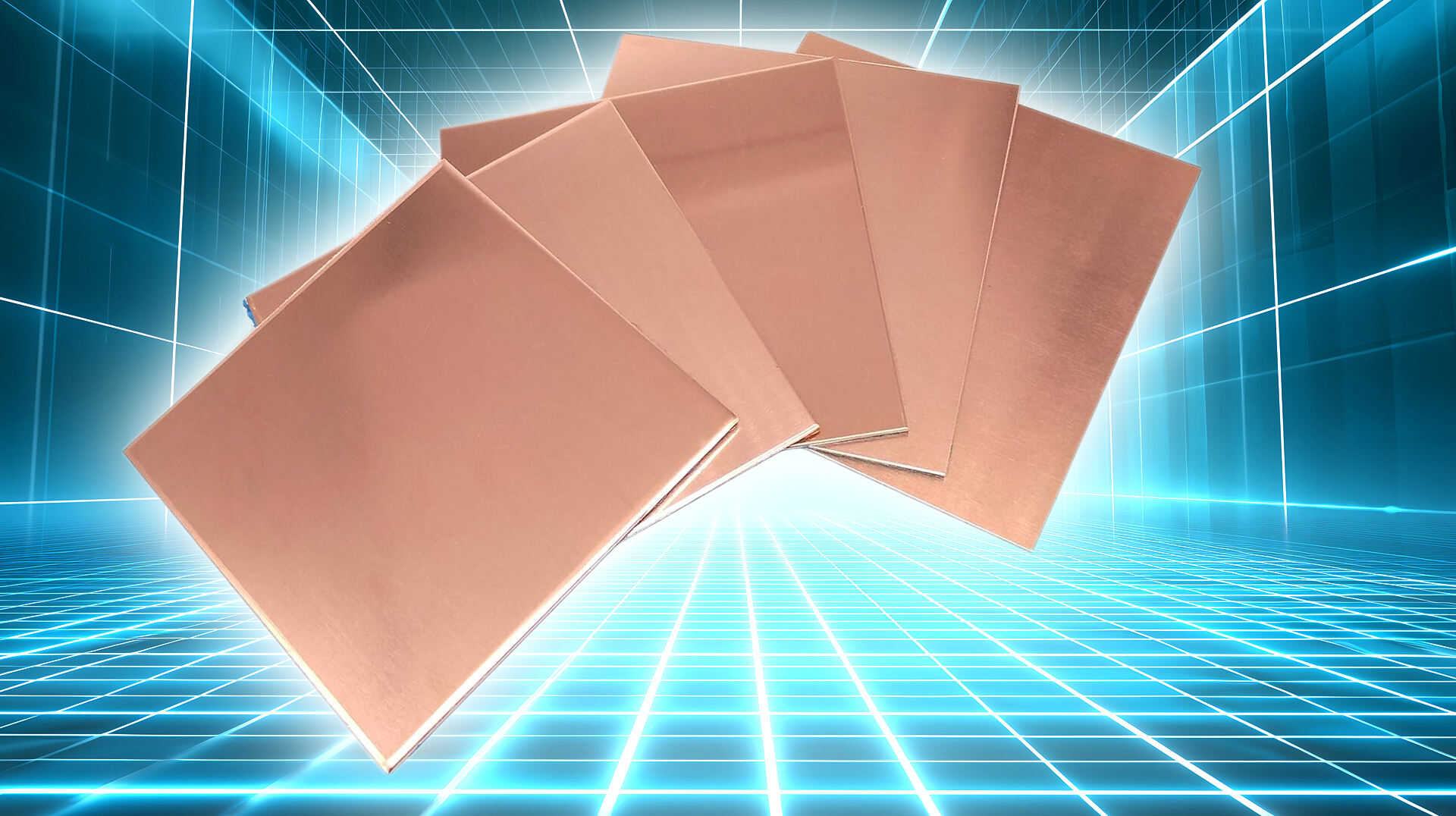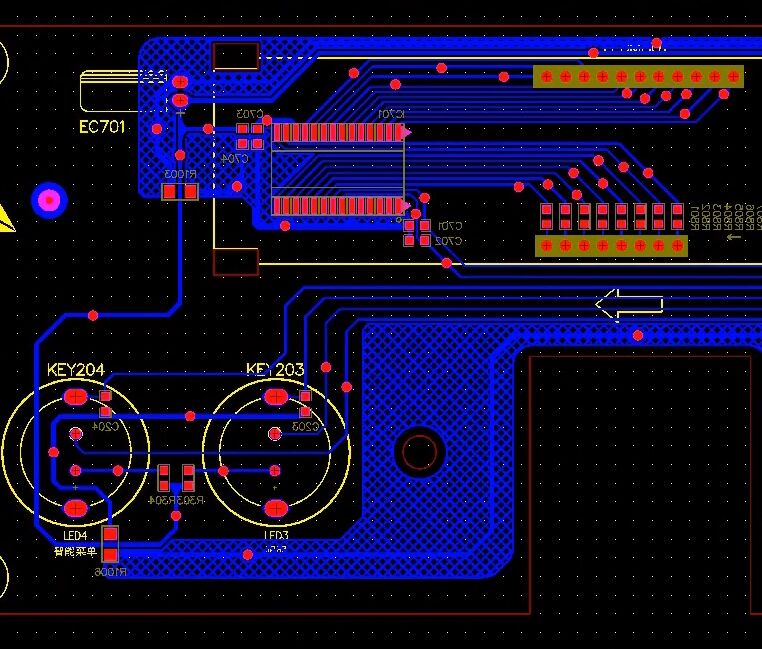pcb board material fr4
FR4 (Flame Retardant 4) is a high-performance composite material widely used in printed circuit board (PCB) manufacturing. This versatile substrate consists of woven fiberglass cloth impregnated with epoxy resin, creating a robust and reliable foundation for electronic components. The material's name stems from its exceptional flame-retardant properties, meeting UL94V-0 standards for fire safety. FR4 boards typically feature multiple layers of glass fiber reinforcement, providing excellent mechanical strength and dimensional stability across varying environmental conditions. The material exhibits outstanding electrical insulation properties, with a dielectric constant ranging from 4.2 to 4.8, making it ideal for high-frequency applications. FR4's thermal resistance allows it to maintain structural integrity at temperatures up to 130°C, ensuring reliable performance in demanding electronic applications. The material's moisture absorption rate is relatively low, typically less than 0.5%, which helps prevent delamination and maintains signal integrity. In modern electronics manufacturing, FR4 serves as the industry standard substrate for multilayer PCBs, supporting applications ranging from consumer electronics to advanced telecommunications equipment and industrial control systems.

